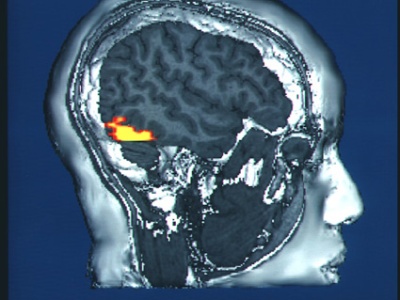On the face of it, two recent moves by the Chinese government appear to be aimed at promoting greater freedom and opportunity for its citizens.
The one-child restriction imposed on couples in 1979 was relaxed to two in 2016 and extended to three in May this year. China’s population of 1.4bn is ageing rapidly and growth is very slow: so the brakes are being taken off. And last month a tranche of strict regulations on for-profit tuition was brought in, supposedly to quell the rampant expansion of profit-based tutoring which has imposed huge financial burdens on a society obsessed with ensuring academic success by its children.
The Chinese tutoring sector is vast – worth an estimated $120bn, according to press reports – and for the most part comprises a network of both indigenous and worldwide corporations, as well as smaller firms and private individuals. “Training centres” – non-government funded, profit-based organisations offering extra tuition to parents prepared to pay for evening classes and weekend tuition for their kids – abound across China.
Exact details of the new restrictions are due to be released next month: it’s not entirely clear whether state schools will be made to add additional tuition themselves, for instance. What is known is that there will be new guidelines on how much homework can be set by state schools, more standardization of the curriculum across the provinces and, with a few exceptions, far less involvement by non-Chinese firms. There will be much-reduced emphasis on the teaching of foreign languages. Clearly there will be less pressure on children, who will benefit from a more healthy study:life balance, as extracurricular tuition in the evening, at weekends and during public holidays will be banned. This will reduce advantages gained by children of better-off parents. Crucially the removal of most of the additional financial burden on poorer parents (they can’t buy something which is no longer being sold) will no doubt assist in the strategic objective of encouraging people to have bigger families.
But what about other effects of these moves? A larger working population will ultimately provide this authoritarian state with the ability to increase productivity. Will China need quite so many high achievers in the years to come? Or does General Secretary of the Chinese Communist Party, Xi Xinping (top right), see advantages in strengthening the proportion of blue-collar workers in the population?
And does this clampdown on the exertion of direct foreign influence on the teaching of core subjects signal yet more strengthening of the state’s cultural protectionism? Despite the 2 million strong internet censorship organisation, the internet in China is certainly leaky, for example via VPNs. But there’s another much more overt influence: Chinese students studying abroad.
Around 216,000 Chinese students currently study in the UK. According to Global Times, “the number of entrants from China for higher education in the UK each year since the admission year 2012-13 has exceeded the number of all EU countries combined and continues to rise […] ‘Shi Yinhong, director of the Center for American Studies at Renmin University of China, told the Global Times … that ‘as the relationship between China and the UK continues to decline, the UK obviously doesn’t want to cut off exchanges with China on a cultural level, as Chinese students are still a major income source for its education sector'”.

Hong Kong protesters throw eggs at Xi Jinping’s portrait on National Day
The Communist ethic, and traditional Chinese beliefs and customs, have been increasingly pressurised by the interplay involved in the globalisation of trade, external social media influences and a more highly-educated populace. It is more vulnerable to internal critique and revisionism than ever before.
So … watch this space. The CCP has seen how a creeping Westernising of values, the uprising in Hong Kong and the imposition of trade tariffs can threaten its security. A future for China which is more inward-looking and more self-sufficient may well be on the hidden agenda of these recent moves.
Picture credits
Xi Xinping – Palácio do Planalto, CC BY-SA 4.0 https://creativecommons.org/licenses/by-sa/4.0, via Wikimedia Commons
Hong Kong protesters throw eggs at Xi Jinping’s portrait on National Day – Studio Incendo, CC BY 2.0 https://creativecommons.org/licenses/by/2.0, via Wikimedia Commons




































